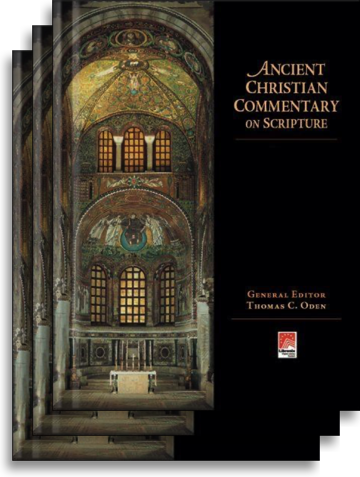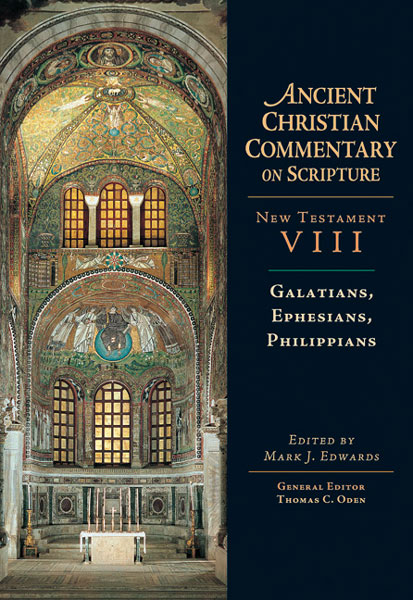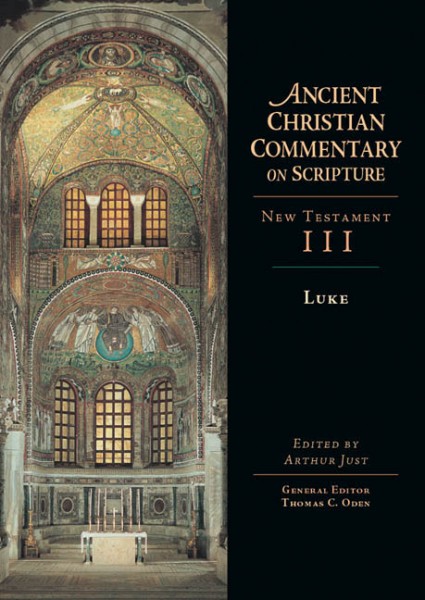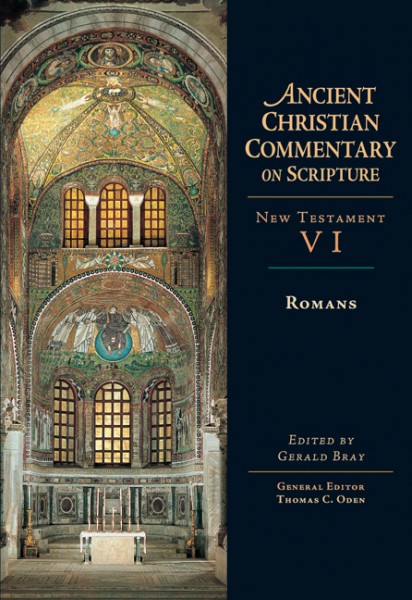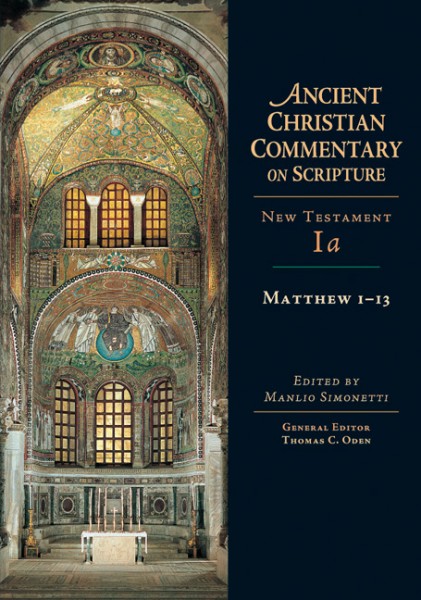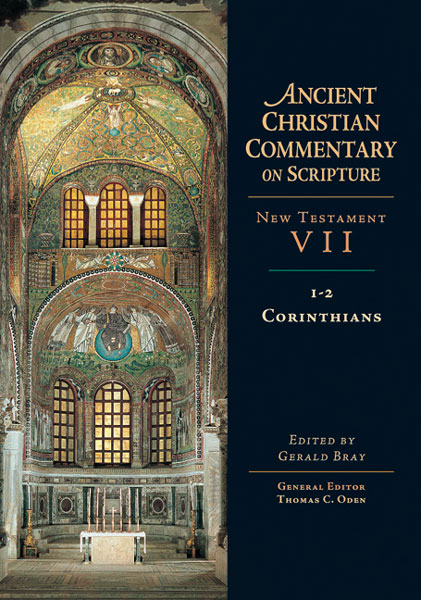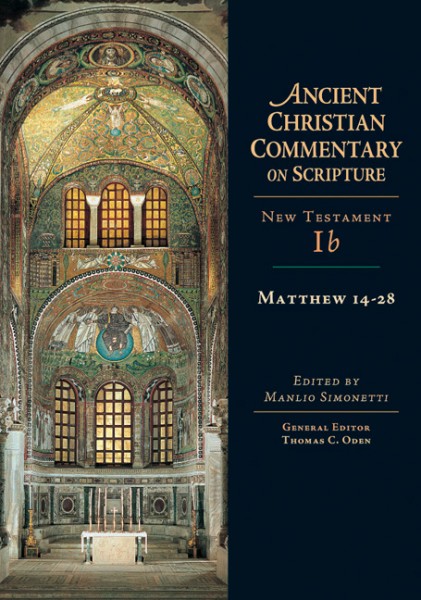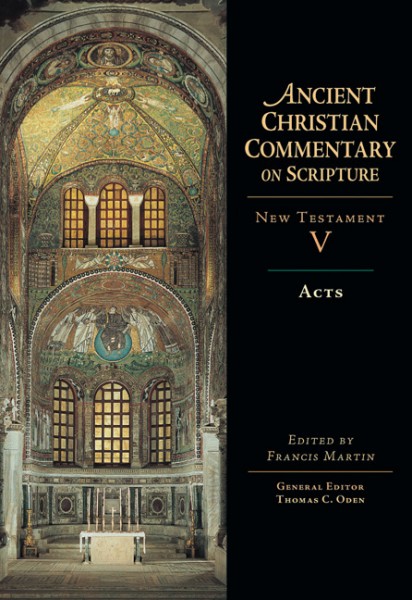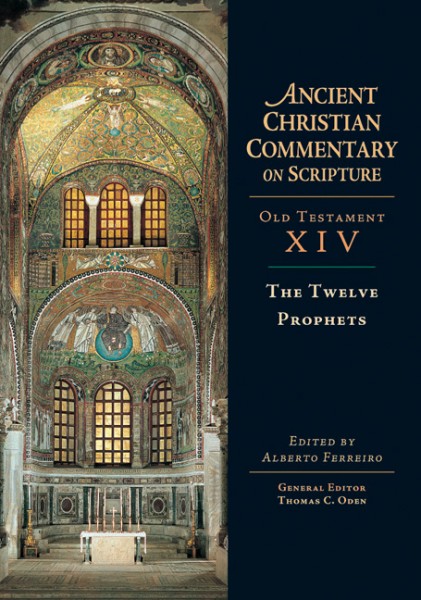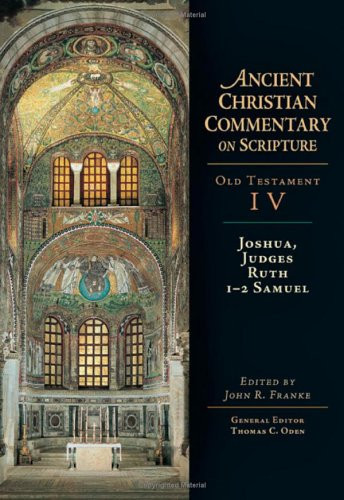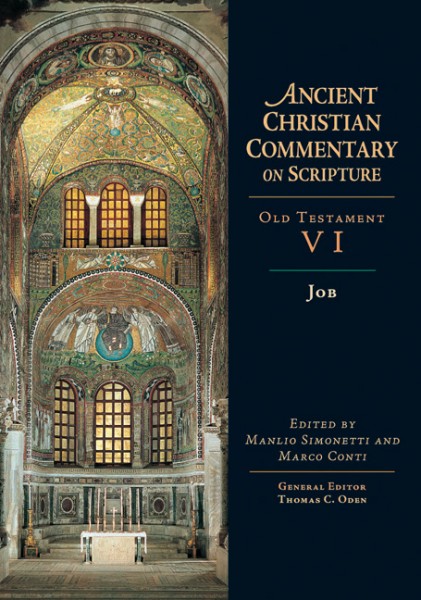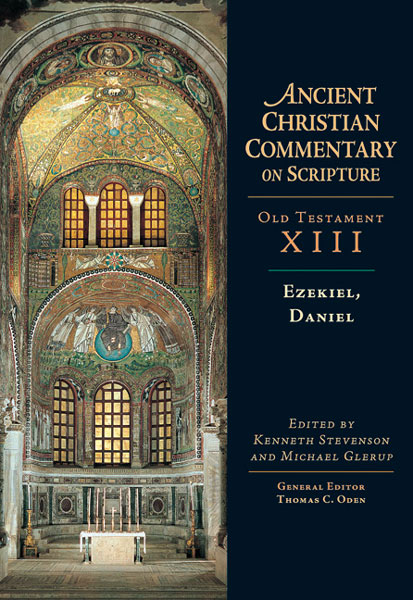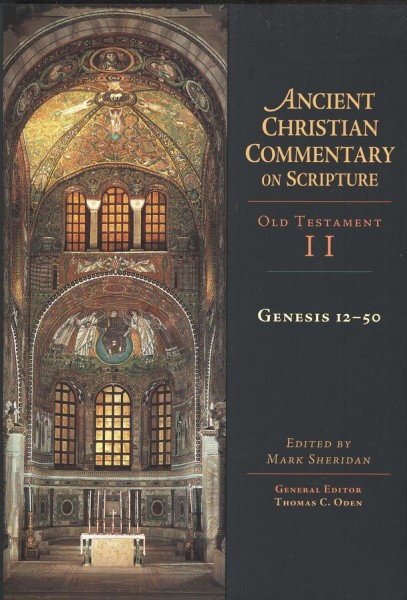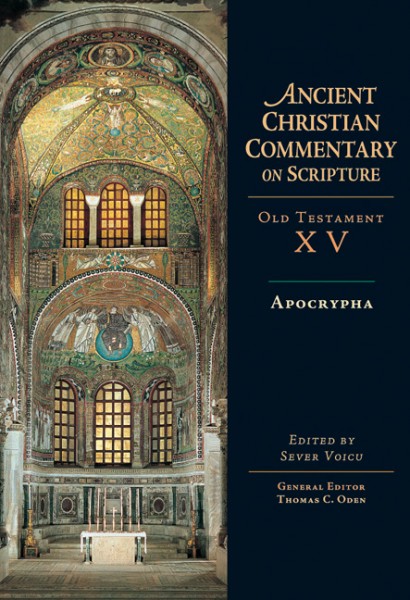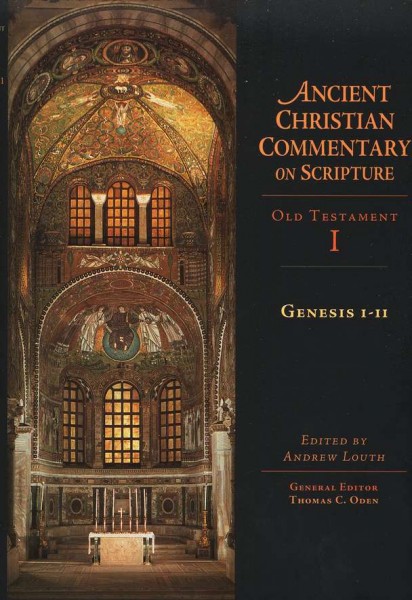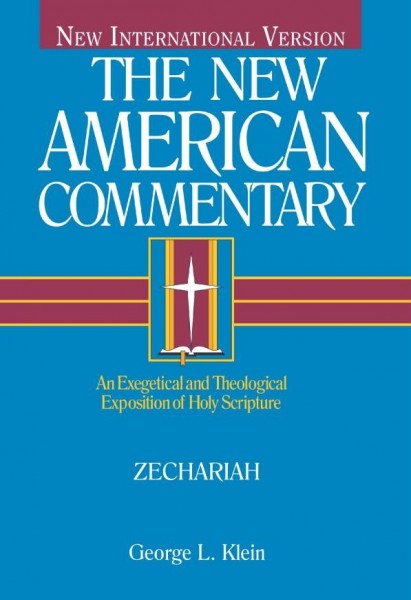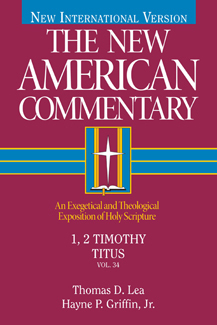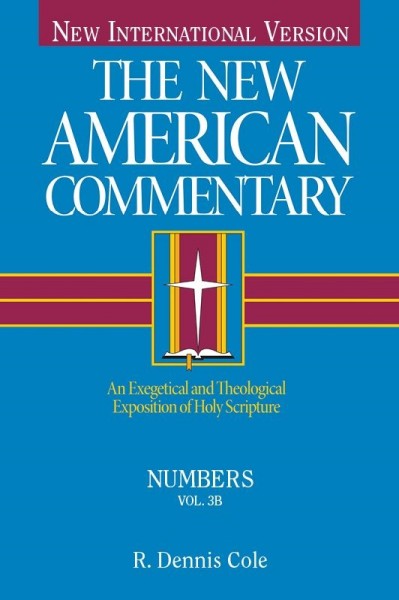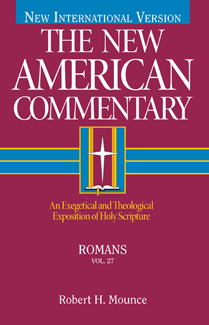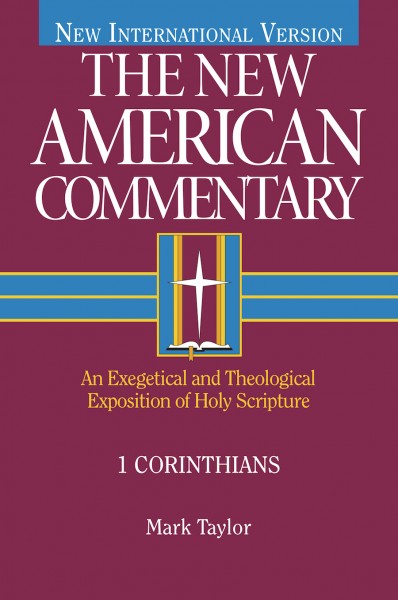

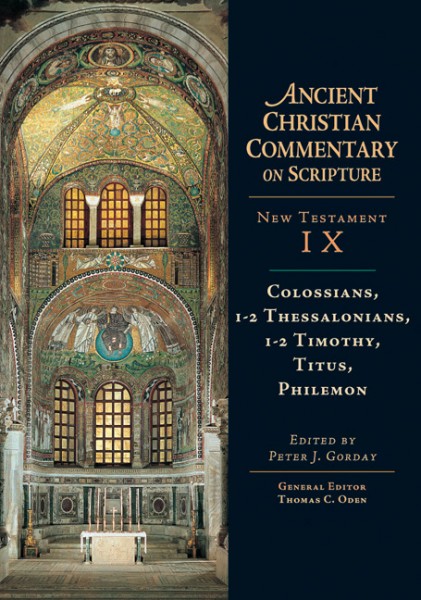

The Ancient Christian Commentary on Scripture does what very few of today's students of the Bible could do for themselves. With the aid of computer technology, the vast array of writings from the church fathers—including much that is available only in the ancient languages—have been combed for their comment on Scripture. From these results, scholars with a deep knowledge of the fathers and a heart for the church have hand-selected material for each volume, shaping, annotating and introducing it to today's readers. Each portion of commentary has been chosen for its salient insight, its rhetorical power and its faithful representation of the consensual exegesis of the early church.
The Ancient Christian Commentary on Scripture is an ecumenical project, promoting a vital link of communication between the varied Christian traditions of today and their common ancient ancestors in the faith. On this shared ground, we listen as leading pastoral theologians of seven centuries gather around the text of Scripture and offer their best theological, spiritual and pastoral insights.
Today the historical-critical method of interpretation has nearly exhausted its claim on the biblical text and on the church. In its wake there is a widespread yearning among Christian individuals and communities for the wholesome, the deep and the enduring. The Ancient Christian Commentary on Scripture does not seek to replace those excellent commentaries that have been produced in the twentieth century. Rather, it supplements them, framing them with interpretive voices that have long sustained the church and only recently have fallen silent. It invites us to listen with appreciative ears and sympathetic minds as our ancient ancestors in the faith describe and interpret the scriptural vistas as they see them.
The Ancient Christian Commentary on Scripture is a postcritical revival of the early commentary tradition known as the glossa ordinaria, a text artfully elaborated with ancient and authoritative reflections and insights. An uncommon companion for theological interpretation, spiritual reading, and wholesome teaching and preaching.
About the Colossians, 1-2 Thessalonians, 1-2 Timothy, Titus, Philemon volume:
A 2001 Christianity Today Book of the Year!
While patristic commentary on St. Paul's shorter letters--Colossians, 1-2 Thessalonians, the Pastorals and Philemon--was not so extensive as that on his longer letters, certain passages in these letters proved particularly important in doctrinal disputes and practical church matters. Pivotal in controversies with the Arians and the Gnostics, the most commented-upon christological text amid these letters was Colossians 1:15-20, where Jesus is declared "the image of the invisible God, the firstborn of all creation."
In other texts scattered throughout the Pastorals, the fathers found ample support for the divinity of the Son and the Spirit and for the full union of humanity and divinity in the one redeemer, the "one mediator between God and men, the man Christ Jesus" (1 Timothy 2:5). These early Christian commentators also looked to the Pastorals, where Pauline authorship was assumed, for important ethical and moral teaching, as well as explicit qualifications for choosing church leaders and guidelines for overseeing the work and behavior of widows.
Chief among the Eastern commentators and widely excerpted throughout this volume is John Chrysostom, praised for his pastoral insight and shrewd, generous empathy with the apostle Paul. Other Greek commentators whose works are cited include Theodoret of Cyr, Theodore of Mopsuestia, Severian of Gabala, Ignatius of Antioch, Justin Martyr, Irenaeus, Clement of Alexandria, Athanasius, Basil the Great, Gregory of Nazianzus and Gregory of Nyssa.
Among Western commentators Augustine dominates. His work is joined by that of Ambrosiaster, Pelagius, Jerome, Hippolytus, Tertullian, Novatian, Cyprian of Carthage, Hilary of Poitiers and Ambrose, among others. Of particular interest for their ascetical and devotional insight are works from Syrian and Egyptian churches, including Aphrahat, Ephrem the Syrian, Isaac of Nineveh and Philoxenus of Mabbug.
This volume opens up a treasure house of ancient wisdom that allows these faithful witnesses, some appearing here in English translation for the first time, to speak with eloquence and intellectual acumen to the church today.
